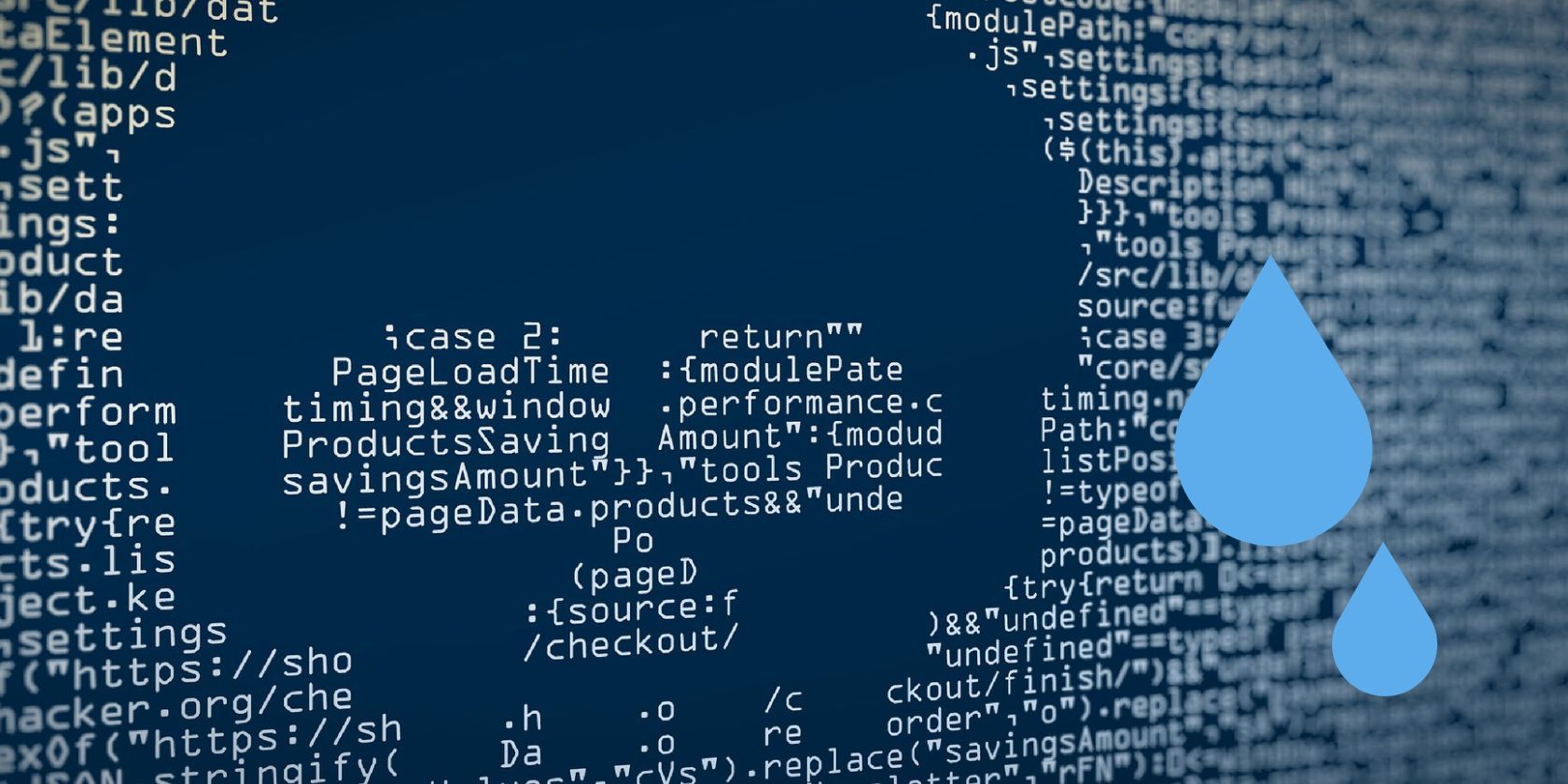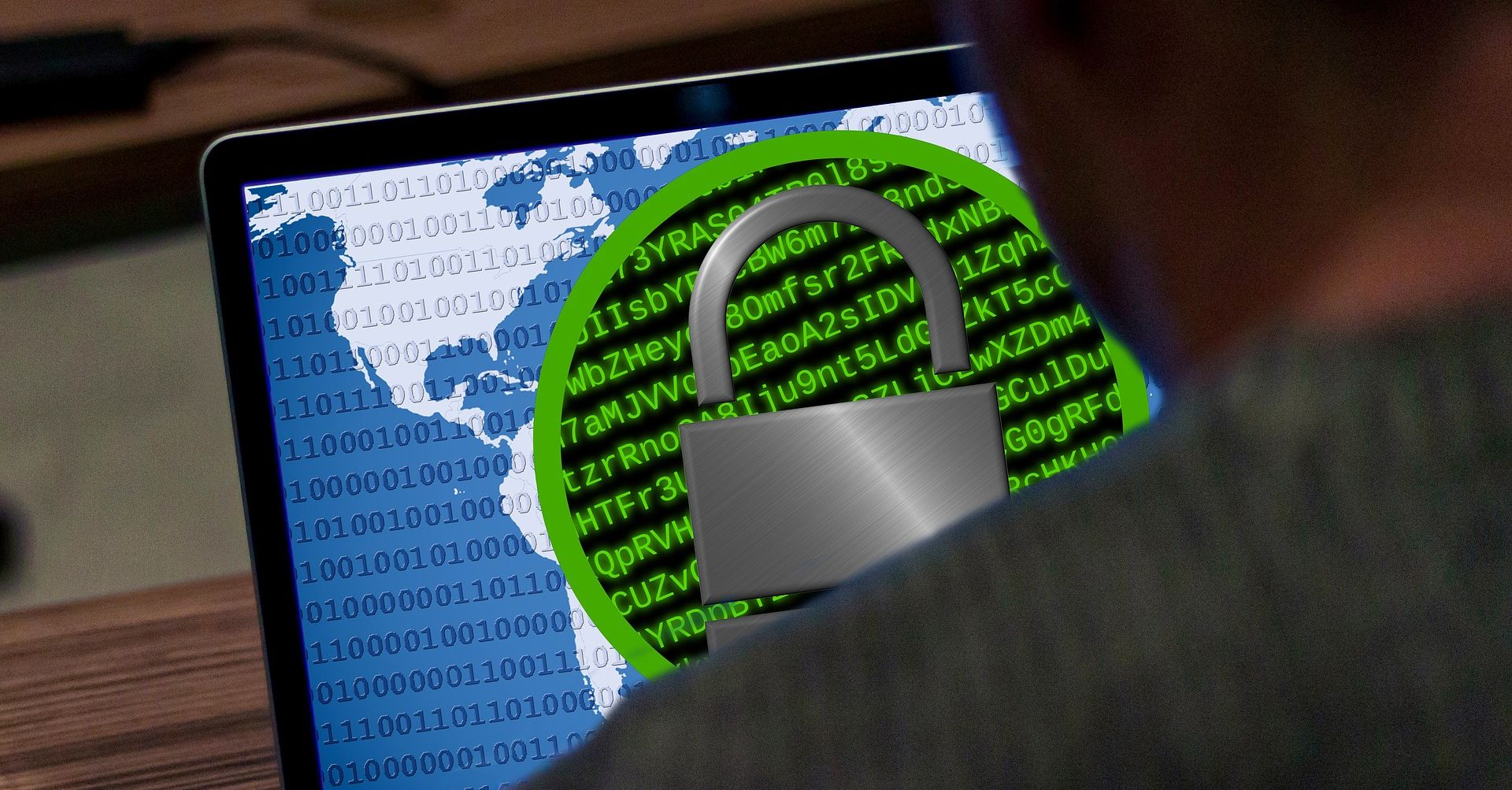The issue of malware is ever more prevalent. Today, there are so many different kinds of malware that can be used to exploit victims, including a particularly heinous type known as leakware.
So what is leakware? Why is it so dangerous? And how can you steer clear of it?
What Is Leakware?
Leakware is a subset of ransomware, which is a kind of malware used to threaten victims with their own data. In the case of a leakware attack, data is stolen by a malicious party and encrypted. This makes the data indecipherable and therefore unusable.
But this encryption isn't permanent. The attacker will encrypt the data while holding the decryption key, which the victim will only be given if they meet the attacker's demands.
Leakware has an additional, more malevolent factor to it. Leakware attackers will threaten to release the confidential information they've stolen from the victim(s) if their demands are not met. These demands are usually financial and come in the form of a typical ransom (which is why leakware is a kind of ransomware).
Leakware attackers will often ensure that the data they steal is highly sensitive to put as much pressure on the victim as possible.
While an individual can certainly be targeted by a leakware attack, larger organizations are more commonly focused on because they harbor large volumes of data, and it therefore may be easier to get a higher ransom out of them. An organization can be infiltrated in a number of ways, via malicious downloads, illegitimate websites, or even through an app. Once the leakware is installed, the attacker can encrypt the files on a hard drive (or multiple hard drives) and make their demands.
Healthcare organizations and government bodies are common leakware targets, as a lot of damage can be done if the ransom is not paid. In such a situation, organizations have to consider the consequences that will result from confidential information being leaked, which makes the likelihood of paying the ransom ever higher.
Powerful individuals with a lot of money or influence can also become the targets of leakware attacks.
Why Is Leakware So Dangerous?
There's a major risk involved with paying any ransom demanded by a leakware attacker. If the ransom is paid in full, and the attacker has what they came for, there's no guarantee that they will provide the victim with the decryption key, or that they won't go ahead and leak the confidential data anyway.
And, if a leakware attacker is paid by a company for the decryption key, the attacker now knows that they can possibly back this company into a corner again if desired.
Additionally, if an organization refuses to pay the ransom, the leakware attacker may then reach out to its employees or customers notifying them of the attack. This causes more of a panic and puts a lot more pressure on the organization's leaders to remedy the problem. These emails could even give details about the information that has been stolen to further frighten people on an individual level.
If the organization continues to refuse to negotiate and cannot neutralize the attack in any other way, the malicious party will then leak the data.
Stolen data will often be sold on the dark web for a profit, allowing other cybercriminals to exploit the affected individuals even further. For example, if a leakware attacker sold an employee's contact details on the dark web, another individual could then use it to contact them with scam calls, phishing emails, and other dangerous communications.
So, if leakware is so dangerous, is there any way to avoid it?
How to Avoid Leakware
Yes, larger organizational bodies are often targeted by leakware attackers, but that's not to say that individuals can't be targeted too. Given that the average individual is easier to manipulate or persuade than an organization, some leakware attackers may prefer to set their sights on smaller targets. So, what can you do to steer clear of leakware?
The first, and possibly the most obvious, step is to download antivirus software on all your devices. This may seem like a no-brainer, but it's easy to overlook antivirus software if you believe you always act safely online.
Regardless of how safe we keep ourselves, cybercriminals can be incredibly sophisticated in their methods, so having a defense barrier that can weed out malicious files and programs can prove invaluable.
Secondly, it always pays to be vigilant about what you're downloading online. While it may seem convenient to download a program or other file from the first or second site you come across, be mindful that cybercriminals often hide malicious software like leakware behind the guise of a benign download.
So, if you're considering downloading any kind of file from a website, make sure you're certain that the website is legitimate. If not, find a site that is trusted and well-reviewed.
You should also pay extra attention to any emails you get that contain attachments or download links. Cybercriminals often try to infect their targets' devices with malware via email and often impersonate trusted parties to gain the trust of the victim. If you ever receive a download link or attachment in an email, double-check the email address of the sender to see if it matches up with one that has sent you emails before; or run any download links through a link-checking website to see if they're safe.
In terms of email attachments, look out for any warning signs from your email provider. Today, most email providers have a spam detection feature that will notify you if an email seems suspicious, so avoid opening any attachments that you've been warned about in this way. You can even scan attachments via email scanning software like VIPRE and Bitdefender.
Leakware Is a Threat, So It's Important to Stay Safe
Like many other types of malware, leakware truly has the ability to ruin lives, and its increasing prevalence makes it a concern for all of us. This is why it's crucial to do what you can to stay safe online by ensuring your device is equipped to tackle malicious programs, while also double-checking websites, links, and attachments to confirm that they don't pose a risk to you and your data.


